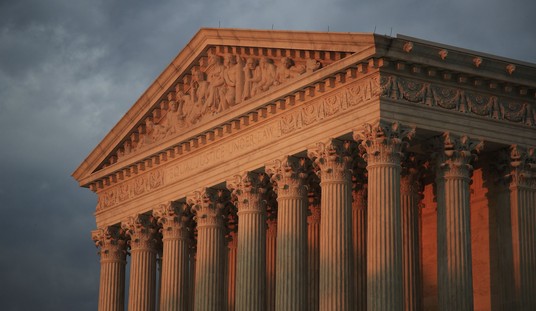The sad scenes playing out in Baltimore are made sadder by the fact that more such incidents are likely over the coming years.
That's because the problems in Baltimore did not begin with the arrest and death of Freddie Gray. Tensions have been building for a very long time. Other cities from coast to coast have similar tensions ready to boil over.
Some tensions are common to all cities -- pockets of economic devastation, laws that are enforced more strictly in some parts of town than others, bad apples among the police, thugs in the community and more.
Some are specific to each city. In Baltimore, the tensions became apparent more than a decade ago when the city inadvertently assumed a prominent role in the Stop Snitchin' movement. Before that, in 2002, a Baltimore woman and her entire family were murdered after alerting police to illegal activities in her neighborhood.
The good news is that there are people on all sides in this tough situation who want to heal their cities. The bad news is that most people -- and certainly most media coverage -- are focused on who to blame. In the blame game, people from different walks of life see what they want to see.
Some see oppressive and racist police. Others see criminal thugs looking to destroy and steal.
In one now-famous incident, a mom slapped her son and pushed him away from the protests. Watching it, I saw a woman who just wanted her only son to be safe. She wasn't thinking about politics or role models or the cameras. She knew her son was in danger and acted to protect him.
That didn't stop others from reading great symbolism into her actions.
Some people, including the police commissioner, dubbed her a "Hero Mom." On Huffington Post, however, Julia Craven pointed out that the mom was protecting her son from the police. One local resident said white America called this woman a hero simply because she was doing what white America wanted to do to all black Americans and their children.
Recommended
How can people look at the same situation and come up with entirely different conclusions? In Creativity, Inc., Pixar founder Ed Catmull highlighted research showing that only 40 percent of what we see comes from our eyes. The rest is filled in with what our brains expect to see. On the issue of minorities and police departments, the expectations are wildly different, and we've stopped looking more closely at the reality.
That's why we're likely to see more cities burning in the coming years. The tensions exist, and sooner or later a police incident will ignite the fuse. The specifics of the incident won't matter nearly as much as the underlying anger. People will see 40 percent of the story with their eyes, and they'll fill in the rest with what they expect to see.
The only way to avoid such a dismal outcome is to change the other 60 percent of what we "see." Wise city leaders will get people to "see" the reality that the vast majority of both the police and the minority communities want to make things work. Only after that is a shared recognition can people begin to establish the trust needed to make the cities safer and fairer.
























Join the conversation as a VIP Member